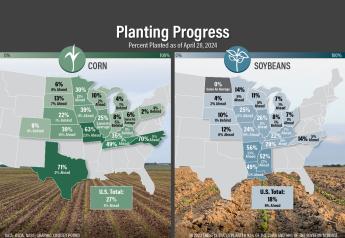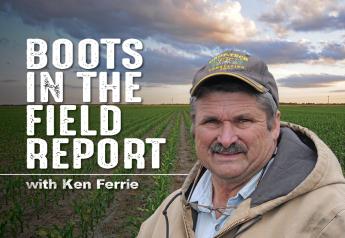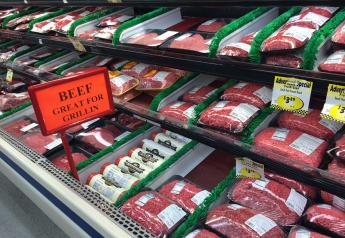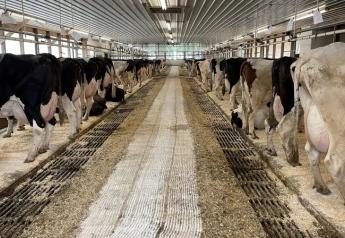Smithfield Foods Prepares for COVID-19 Vaccine Distribution to U.S. Employees
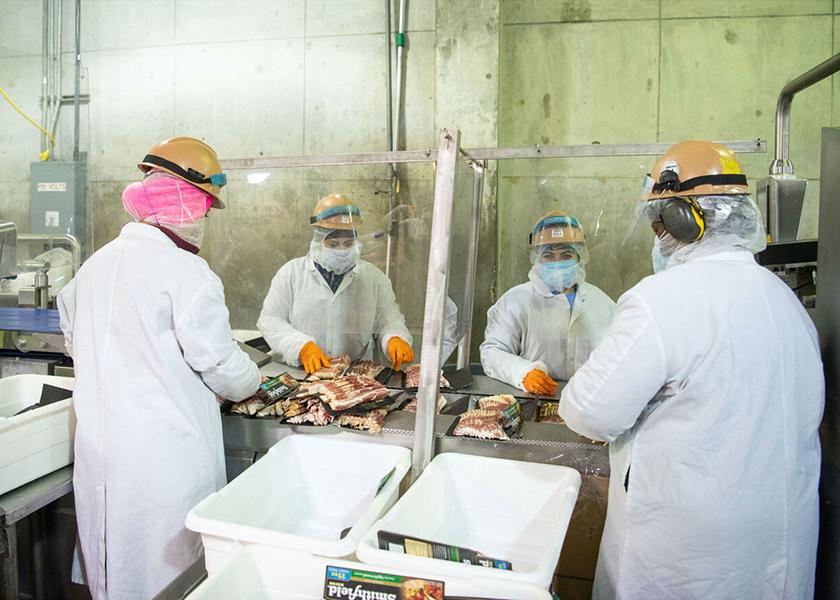
Smithfield Foods, the world's largest pork processor, said on Wednesday it has medical capabilities at U.S. facilities and is actively preparing for COVID-19 vaccine distribution to employees.
Meatpacking workers were among the groups hit hardest by the new coronavirus last year, as U.S. slaughterhouses became hot spots for outbreaks in the spring, helping spread the virus around rural America.
More Americans were hospitalized with COVID-19 on Wednesday than at any time since the pandemic began, as the historic public vaccination effort lagged.
Smithfield, owned by China's WH Group, declined to provide details of its vaccination plans and said they vary from state to state. The company said all of its employees will be eligible to receive vaccines.
A day earlier, the governor of the U.S. state of Nebraska said undocumented immigrants who work in meat plants would likely not get vaccinated due to immigration status.
The Washington-based Migration Policy Institute estimates that 10% of meatpacking workers nationwide are unauthorized immigrants. Smithfield said it does not employ undocumented immigrants.
The company last month offered to help U.S. health officials distribute COVID-19 vaccines and store them in ultra-cold freezers that are in high demand to support the public vaccination campaign.
The U.S. Labor Department and a state workplace safety regulator in California separately cited Smithfield last year for failing to protect employees from COVID-19 and other violations during the pandemic. The company has contested the findings.
Smithfield and other meatpackers also came under fire last year as U.S. pork exports to China soared while U.S. processors warned of domestic meat shortages due to COVID-19 outbreaks at slaughterhouses.
(Reporting by Tom Polansek Editing by Chris Reese and Nick Zieminski)
More from Farm Journal's PORK:


